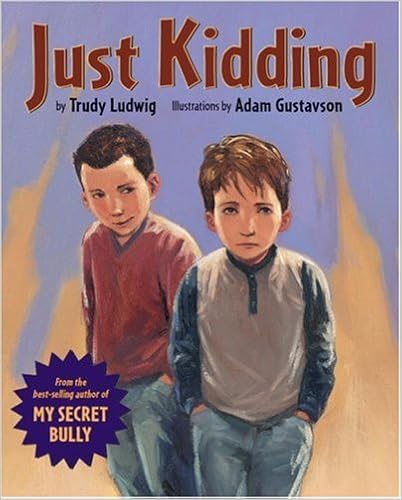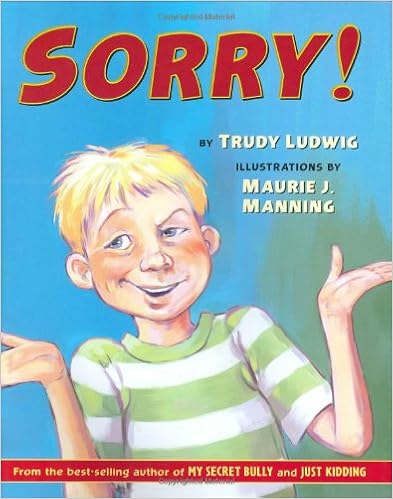Counselors in my district get a small budget each year (same as teachers) to spend on instructional materials. Like others, I spend about all of it on books. My co-counselor and I's motto is generally "GET AAAALLLL OF THE BOOKS!". We use books in about 2/3 of our lessons and about 1/3-1/2 of individual and small group sessions. We love them. That said, we've found a lot of books to be flops (including some on other must have lists, so...it's a bit subjective).
If I moved to a new school and had to start from scratch, these are the books I'd try to get pronto. I tried to condense it but there are just too many great books out there. Shout out to my co-counselor who gave her input on ones for the younger grades which is far more her expertise than mine. Reminder: our population is Title 1 with a significant EL portion, so that shapes our views some!
Part 1: The Trudy Ludwig Collection
This book is THE BOMB. It's a great story about inclusion, exclusion, loneliness, feeling left out, and being an upstander. What takes this book to the next level are the illustrations - the illustrator has the main character drawn in black and white when he's "invisible" and in color when he's "visible". We use this as early as 2nd (and could probably do it younger if our students didn't struggle so much with metaphors).
This is the quintessential book on relational aggression. It encompasses gossip, rumors, secrets, and cattiness. All it leaves out are clique issues. I don't usually use it whole group because the issues are usually specific to girls at my school, but I've loved it for girl group.
As the title suggested, this story tackles the issue of children making rude/mean comments under the guide that they are just kidding. Great book for discussing empathy, assertiveness, being a bystander, and choosing more appropriate/kind ways to be funny.
While you could definitely have a discussion about apologies (and how actions speak louder than words), I love to use this story to have a discussion on peer pressure and staying true to yourself. It opens the door for a discussion on choosing good friends and the value of popularity.





0 comments:
Post a Comment